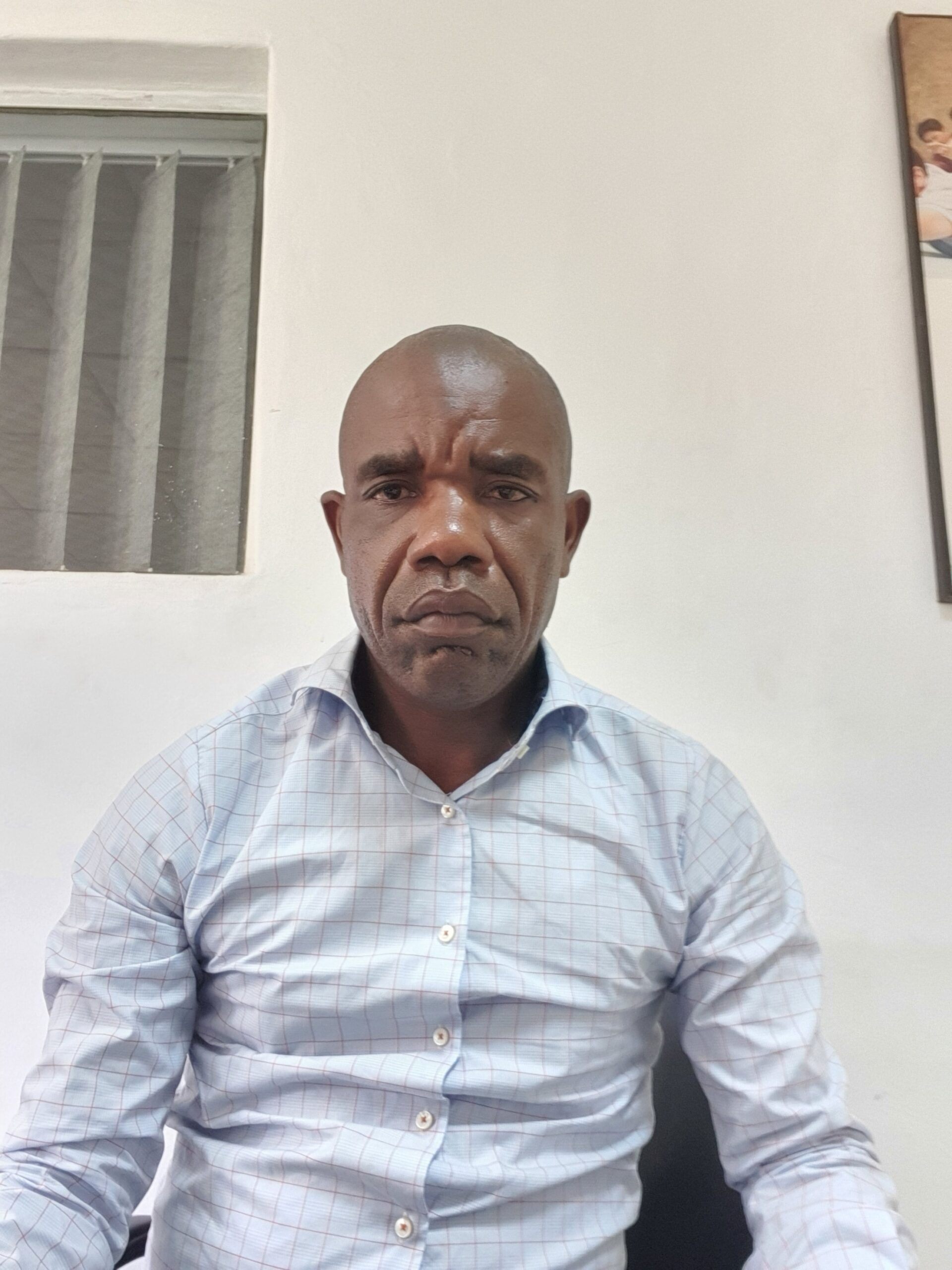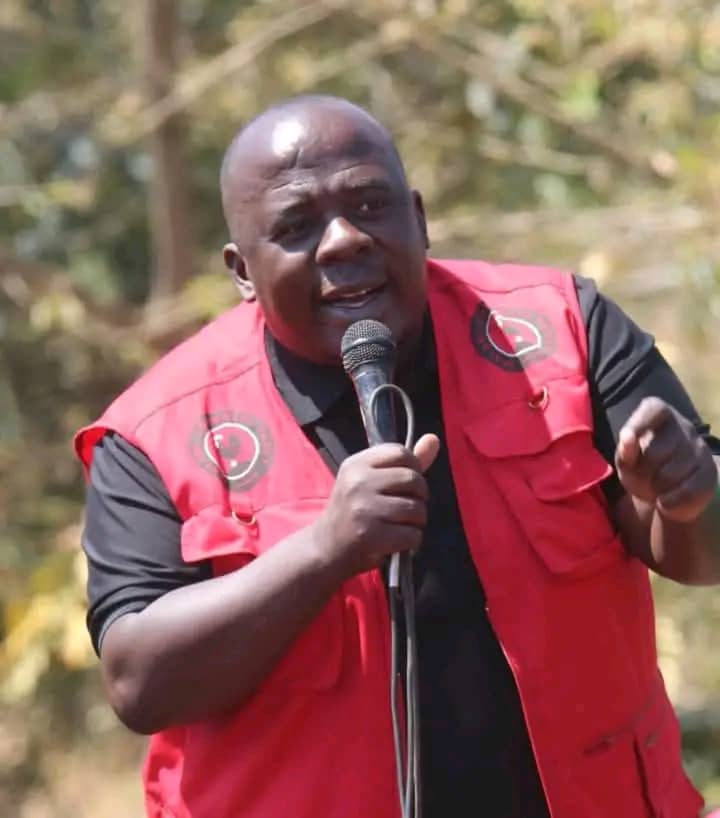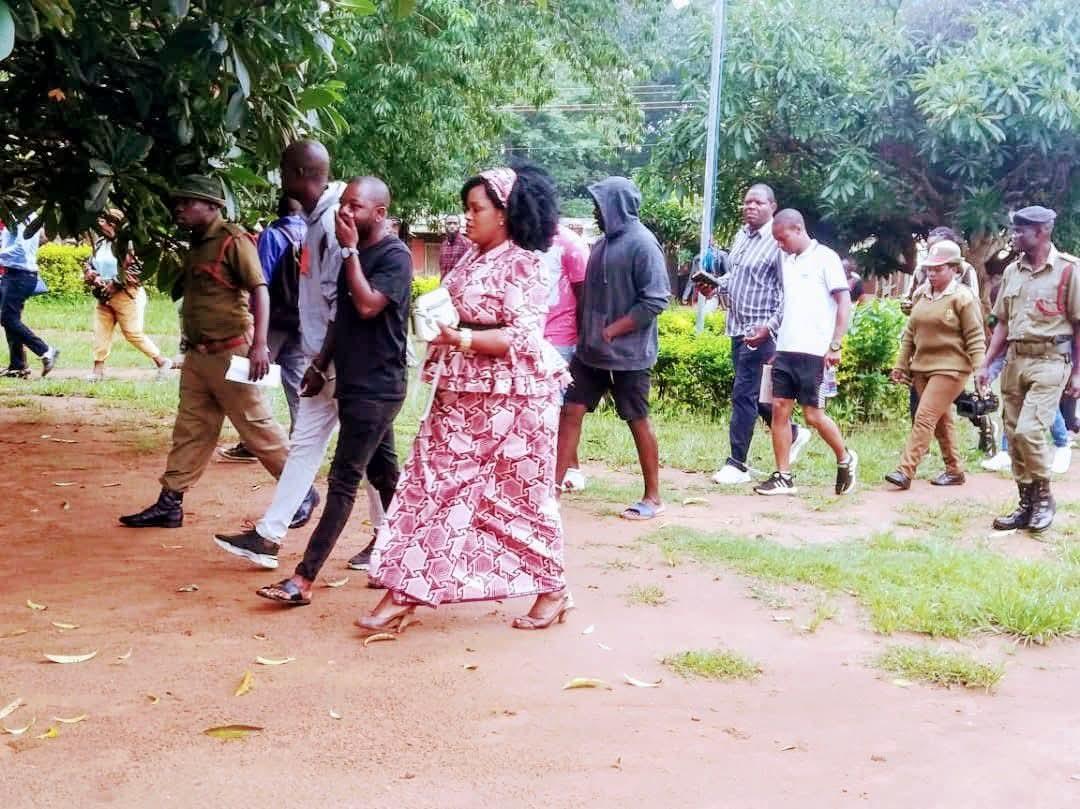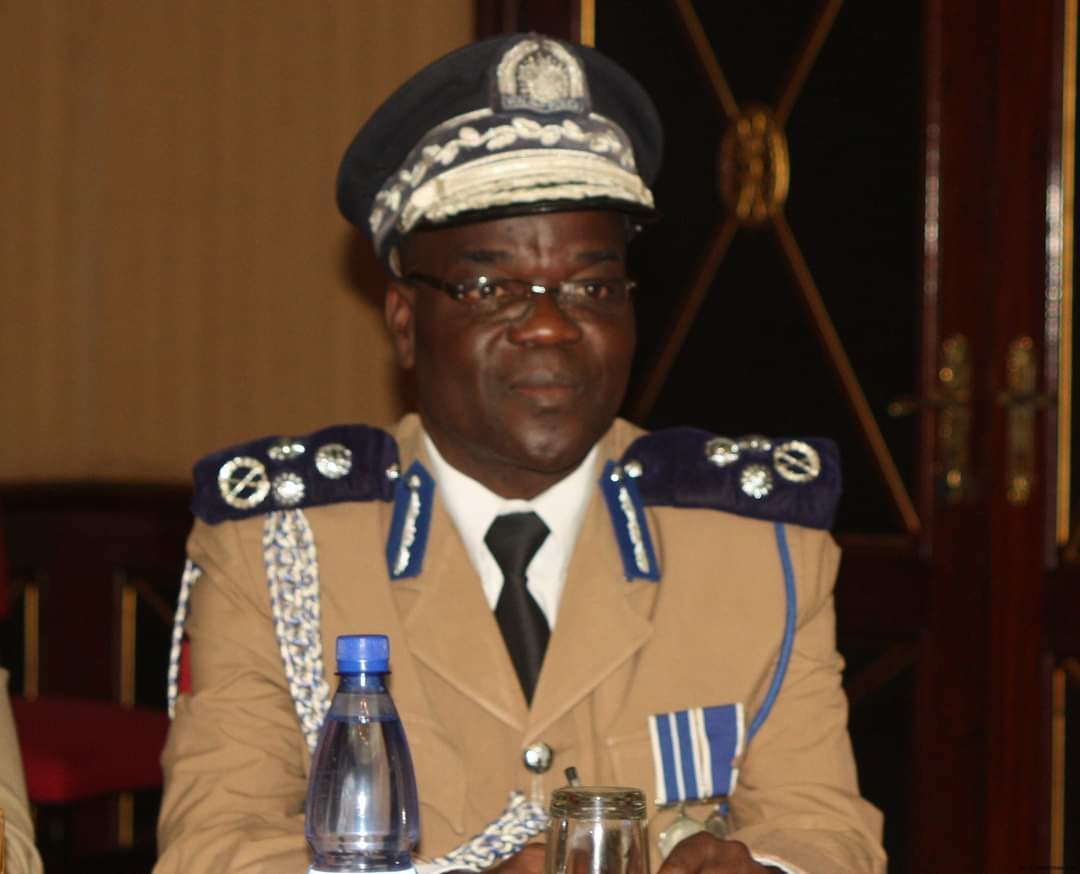By Suleman Chitera, Lilongwe Malawi
As Malawi edges closer to the crucial September 16 General Elections, political stakeholders and citizens alike are calling for a grand opposition alliance that reflects the true aspirations of the people. In this spirit, a bold and strategic electoral arrangement is being proposed to unite the leading opposition forces into a formidable coalition that can offer a genuine alternative to the ruling administration.
The proposed alliance would feature a presidential candidate from the Democratic Progressive Party (DPP), with a running mate drawn from the United Transformation Movement (UTM), and a second vice president from the Alliance for Democracy (AFORD). This carefully crafted structure is not only symbolic of unity but a practical step towards building a government that reflects the diversity and needs of Malawians across regions and party lines.
Supporters of the idea argue that this alliance could harness the strengths of each party—DPP’s experience and national reach, UTM’s youthful energy and innovation, and AFORD’s historic roots and federalist reform agenda. Together, these parties could form a coalition that is not only electorally competitive but capable of implementing transformative change.
The proposed arrangement also sends a powerful message to Malawians—that opposition leaders are willing to rise above personal ambitions and political egos for the greater good of the nation. It would be a testament to patriotism and a commitment to fulfilling the wish of Malawians who are desperate for a new direction in governance, economic management, and service delivery.
Political commentator Suleman Chitera have noted that the 2025 elections could be a turning point for the country, provided the opposition presents a united front. Without unity, votes risk being fragmented, potentially giving the ruling party an easy path to victory.
“We call upon all opposition leaders to put Malawi first. Let them bury their differences, embrace dialogue, and focus on what the people want—real change and visionary leadership,” said Chitera a political analyst based in Lilongwe.
Malawians, particularly the youth and rural communities who bear the brunt of unemployment, inflation, and poor service delivery, are watching closely. They yearn for leadership that puts their interests above politics and power struggles.
If realized, the alliance could set the tone for a new political culture—one built on inclusivity, cooperation, and national interest.
As the countdown to September 16 continues, the ball is now in the court of opposition leaders. Will they rise to the occasion and give Malawians the united front they deserve? The nation waits with hope.




